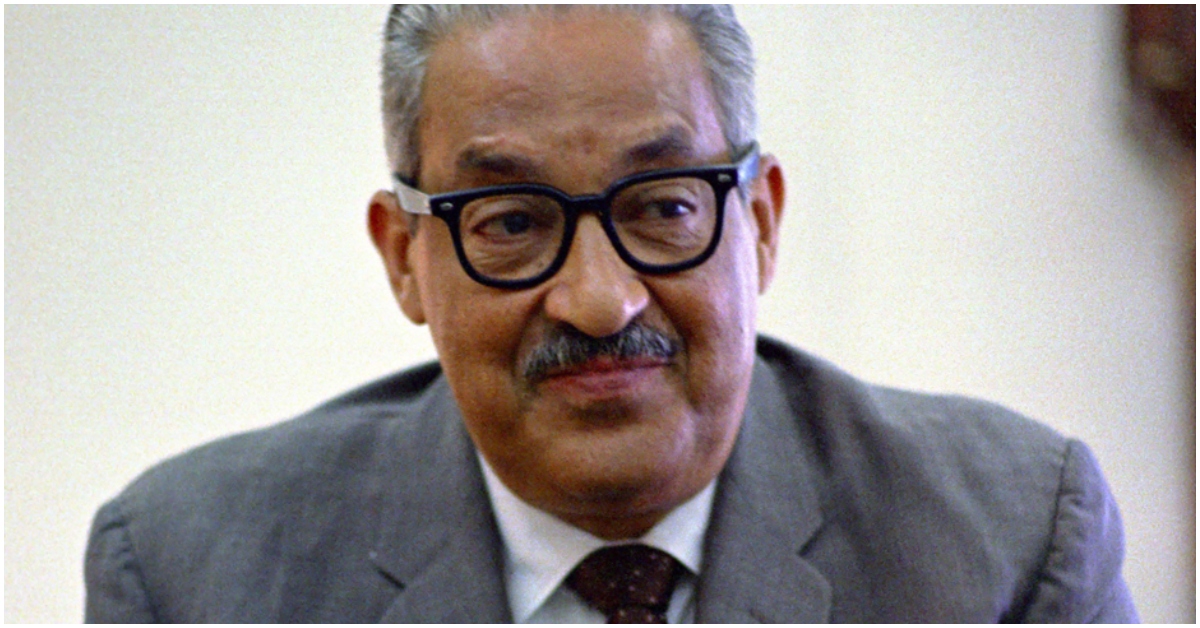Civil Rights Icon Paves Way to Highest Court
Thurgood Marshall, a towering figure in the civil rights movement, etched his name in history when he became the first African American to serve on the U.S. Supreme Court. On June 13, 1967, President Lyndon B. Johnson nominated the distinguished civil rights lawyer, recognizing his unparalleled contributions to the fight against discrimination.
“I believe it is the right thing to do, the right time to do it, the right man and the right place,” Johnson declared, underscoring Marshall’s exceptional qualifications for the esteemed position.
Groundbreaking Victories and Landmark Cases
Before his historic appointment, Marshall had already left an indelible mark on American jurisprudence. As the NAACP’s chief legal counsel, he won an astounding 29 out of 32 cases argued before the Supreme Court, including the landmark Brown v. Board of Education (1954), which overturned the pernicious “separate but equal” doctrine and ruled school segregation unconstitutional.
“This Court should make it clear that that is not what our Constitution stands for,” Marshall argued passionately, securing a monumental victory that reshaped the nation’s educational landscape.
A Trailblazer on the Highest Bench
On the Supreme Court, Marshall continued his lifelong crusade against discrimination, safeguarding the constitutional rights of the most vulnerable Americans. His unwavering commitment to equality and justice was evident in his influential dissents, including the Regents of the University of California v. Bakke (1978) case, where he argued fervently for affirmative action in college admissions.
“In light of the sorry history of discrimination and its devastating impact on the lives of Negroes, bringing the Negro into the mainstream of American life should be a state interest of the highest order,” Marshall wrote. “To fail to do so is to ensure that America will forever remain a divided society.”
A Legacy Etched in History
Marshall’s tenure on the nation’s highest court, spanning 24 years until his retirement in 1991, was a testament to his unwavering pursuit of justice and equality. Upon his passing in 1993, Chief Justice William Rehnquist paid tribute to Marshall’s profound impact, stating, “Surely no individual did more to make these words a reality than Thurgood Marshall: ‘Equal Justice Under Law.’”
Thurgood Marshall’s legacy as a pioneering legal mind, a civil rights champion, and the first African American Supreme Court Justice continues to inspire generations of advocates fighting for a more just and equitable society.





